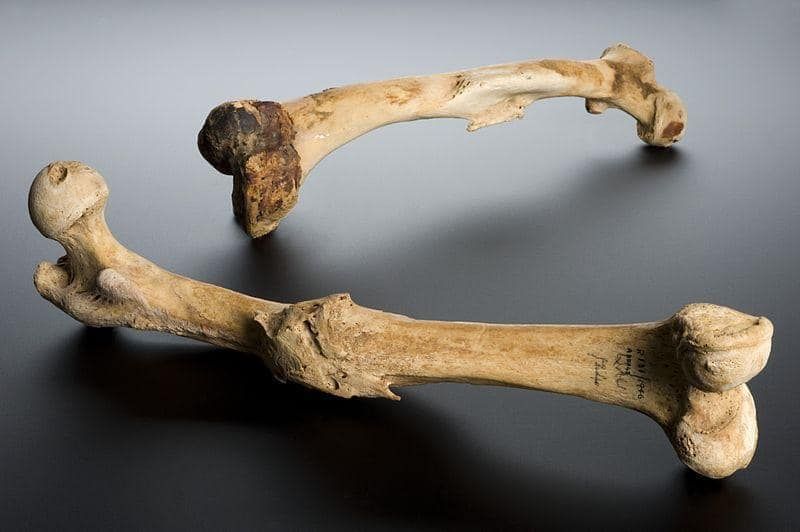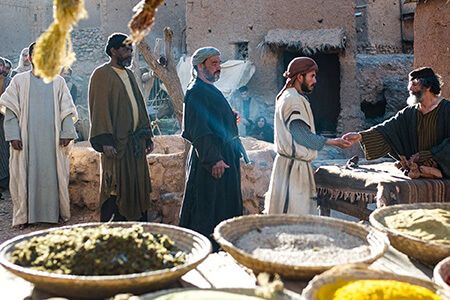The anthropologist Margaret Mead was asked once what marked the first sign of civilization in a given culture. The questioner expected the answer to be some tool or craft or art form. But Dr. Mead’s answer surprised everybody.
A healed femur, the renowned anthropologist responded.

She explained that no healed bones were found where the law of Survival of the fittest reigns. Why? A healed bone shows that someone had to do the injured person’s hunting and gathering until the injury healed. Someone had to care enough to provide for the wounded and hurt so that the individual could heal. Compassion Dr. Mead said is the first sign of civilization.
Caring about another person, putting ourselves second for the sake of another, seeking what is good and right for someone else regardless of the cost and impact on us is not only the first mark of civilization but the heart of the Gospel. The parable of the generous landowner challenges us to dare to be as generous and extravagant in our compassion and generosity to others as is God’s compassion and generosity to us.
In today’s Gospel and throughout the Gospels Jesus upholds the dignity of all men and women in the eyes of God, even those who have come at the ninth hour. Why be envious because I am generous? There is the key to parable. The master of the vineyard was more than just; he was gracious and generous.
Jesus upholds the dignity of all people, the poor, the powerless, the ignored, and the forgotten. We are called to uphold that dignity, as well, not just in words of the prayers said comfortably in church but on the street corners of our own town and neighbourhoods. Jesus demands that we who would be his disciples give voice to our faith not just in the prayers and the rituals that we utter but in the positions and candidates we support, the deals we make and the relationships we form with one another.

God’s generosity, love and forgiveness are so extravagant that they often offend our sense of carefully timed and measured justice. The generosity of the vineyard owner conflicts with our own concept of what is right and fair. But limitless love and unconditional forgiveness are the ways of God, no matter what our own sense of justice or fairness may dictate. The call to discipleship demands that we seek to become ministers of God’s mercy and justice before our own needs and wants.
My thoughts are not your thoughts, nor are your ways my ways, says the Lord. Perhaps we would have a better world if we were to adopt some of God’s ways. After all, the Lord is just in all his ways, and that is something which cannot be said of all our ways.